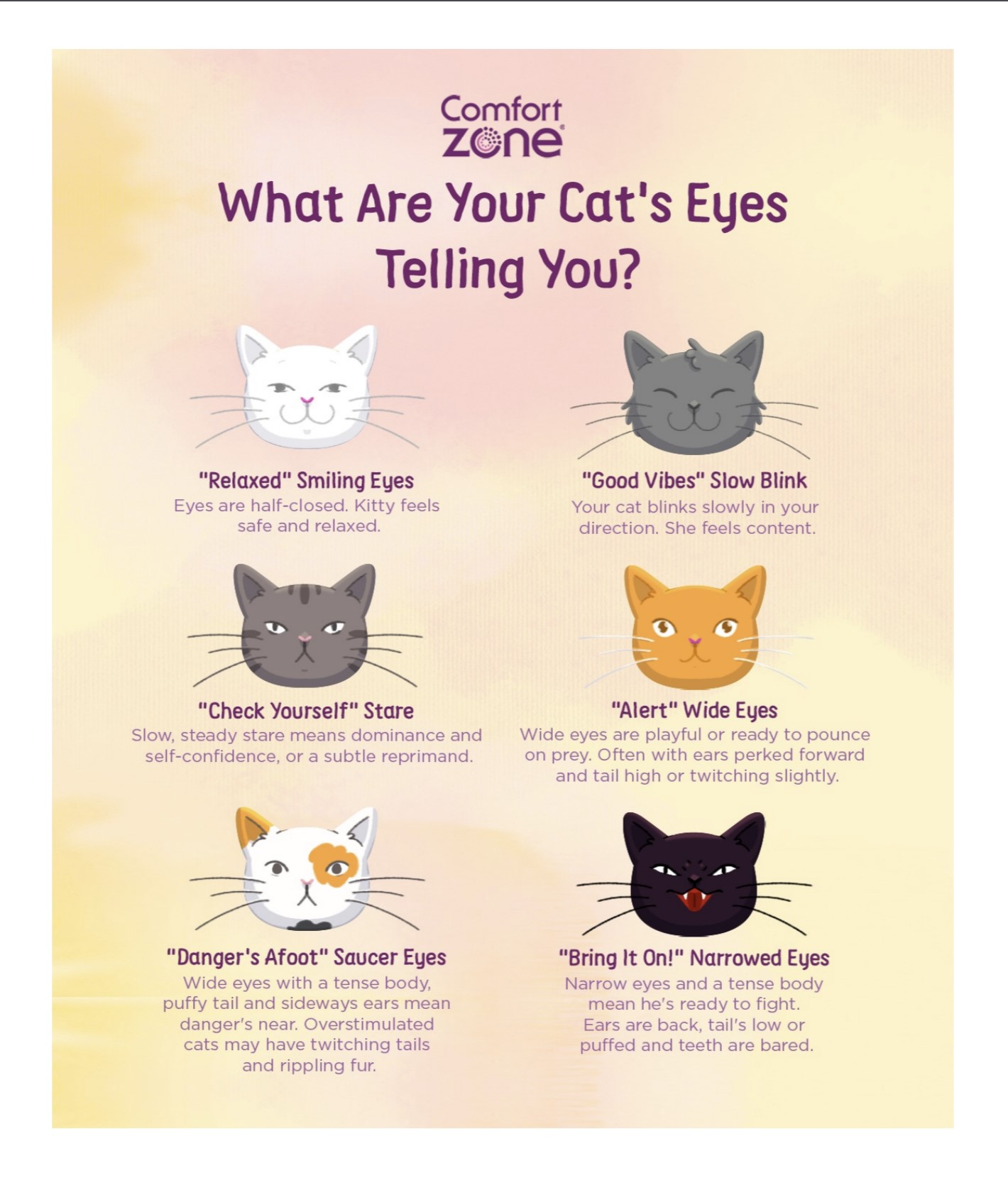7 Trends Daily
Stay updated with the latest insights and trends across various sectors.
Why Your Cat Ignores You: A Comprehensive Study in Feline Indifference
Unlock the mystery of your cat's aloofness! Discover the secrets behind feline indifference in our captivating study.
Understanding Feline Behavior: Why Does Your Cat Seem Indifferent?
Understanding feline behavior is essential for every cat owner, especially when faced with the common perception that cats are indifferent. Unlike dogs, cats have evolved differently, leading to unique social behaviors. They are naturally solitary hunters, which affects how they interact with humans and their environment. Indifference in cats can often be a sign of their independent nature; they may not always seek attention or affection in the same way dogs do. Instead, they often express their affection subtly, through gentle head bumps or a slow blink, which signifies trust and comfort.
Another reason for a cat's seemingly indifferent demeanor can be attributed to their individual personalities and past experiences. Some cats can be naturally aloof, while others may have had negative interactions with humans that affected their behavior. It is crucial to give your cat space and time to establish a bond at their own pace. Understanding these nuances of feline behavior not only helps in interpreting your cat's actions but also fosters a stronger relationship built on trust and understanding.

The Psychology of Cat Communication: What Your Feline Friend Really Thinks
Understanding the psychology of cat communication can be a fascinating journey for any cat owner. Unlike dogs, cats have a more subtle way of expressing their feelings and needs, often relying on body language and vocalizations. For instance, when a cat rubs against you, it's not just seeking affection; it may also be marking its territory with the scent glands located around its face. Additionally, the position of your cat's tail can reveal a lot about its mood. A high tail signifies confidence and contentment, while a low-held tail may indicate fear or anxiety. Observing these cues can help you better understand what your feline friend really thinks.
Vocalizations are another crucial aspect of cat communication. Each meow, purr, and hiss can have different meanings depending on the context. According to studies, cats often tailor their vocalizations to interact with humans, sometimes using a specific 'solicitation purr' to get attention or food. Listening closely to the variations in your cat's sounds can provide insights into its emotional state. For example, a persistent meow might indicate a want for food or play, while a soft purring sound typically signifies contentment. By tuning into these signals, you can forge a deeper bond with your furry companion and respond to its needs more effectively.
Top Reasons Your Cat Ignores You: Insights from Experts
One of the top reasons your cat ignores you is their inherent independence. Unlike dogs, cats are solitary hunters by nature. According to feline behaviorists, this independence can often come across as aloofness. They may be perfectly content lounging in a sunbeam rather than interacting with you. Understanding that your cat's behavior is not a reflection of their affection towards you is essential; they may simply be satisfied in their own space.
Another significant factor to consider is the environmental stressors that may affect your cat. Experts suggest that changes in the home, such as new pets, loud noises, or even different household routines, can cause anxiety in cats, leading them to withdraw. If you notice your cat ignoring you more frequently, it might be useful to evaluate their surroundings. Providing a quiet, safe space and maintaining a stable routine can help your cat feel more comfortable and willing to engage with you.